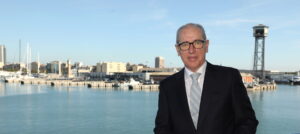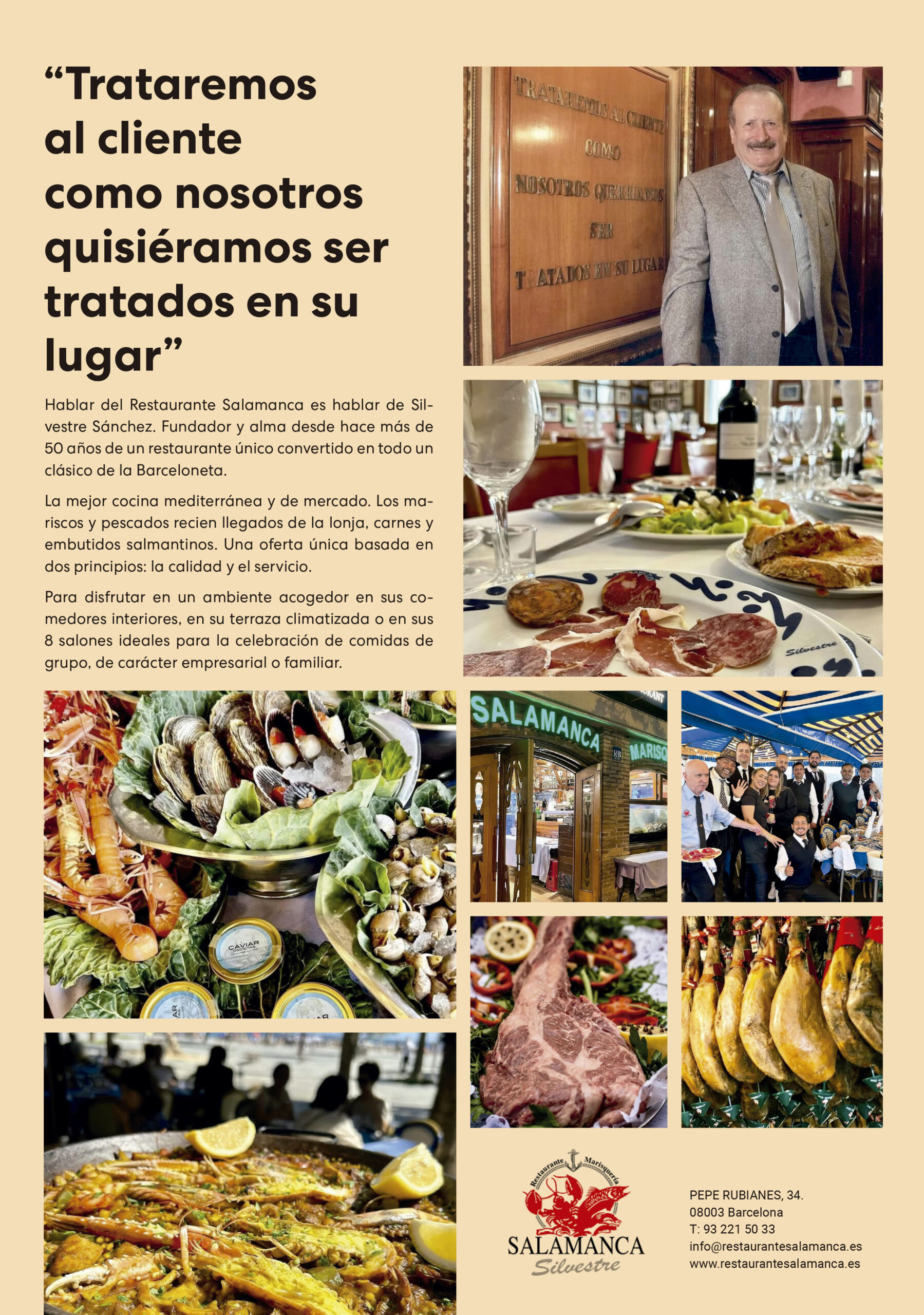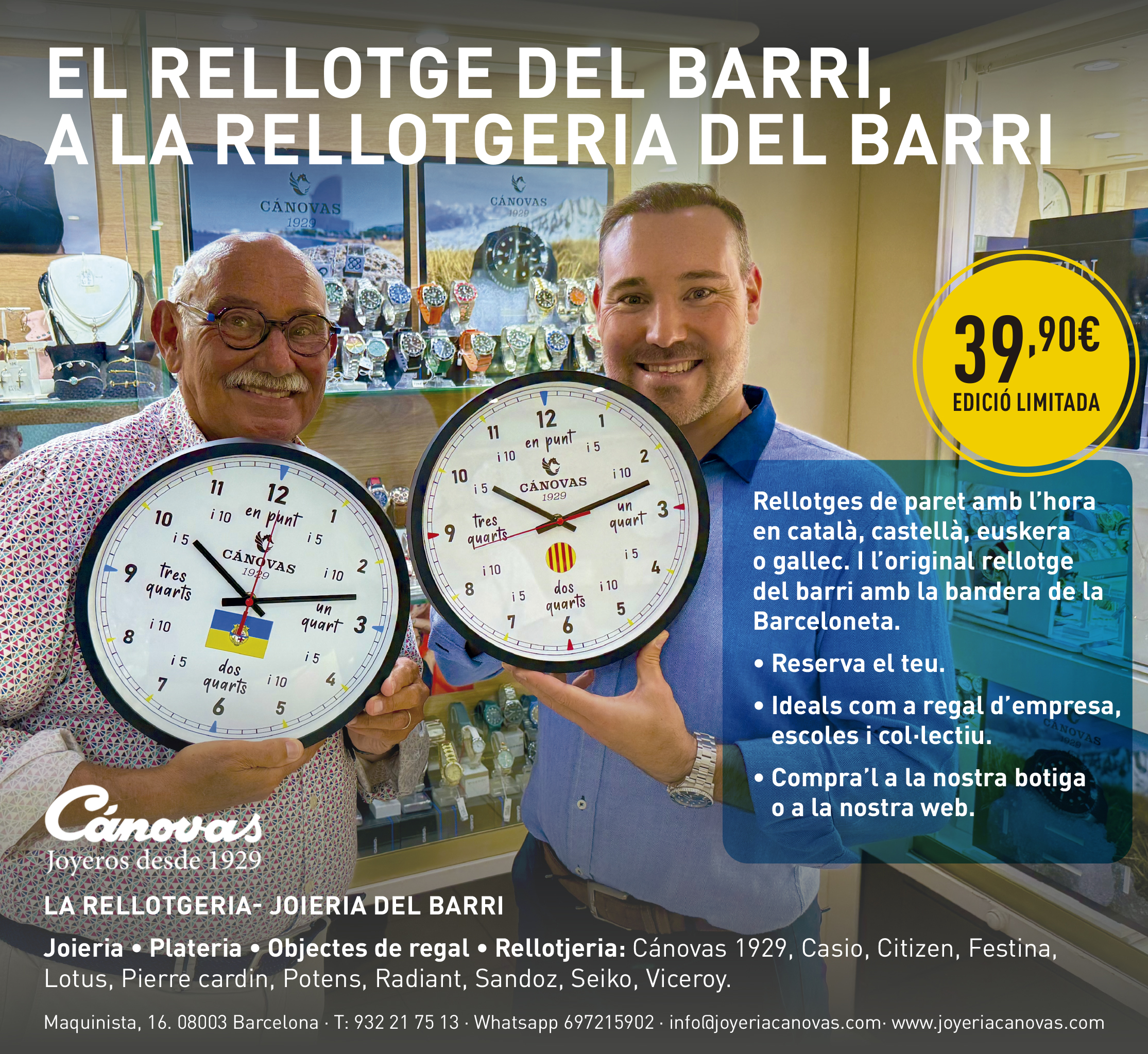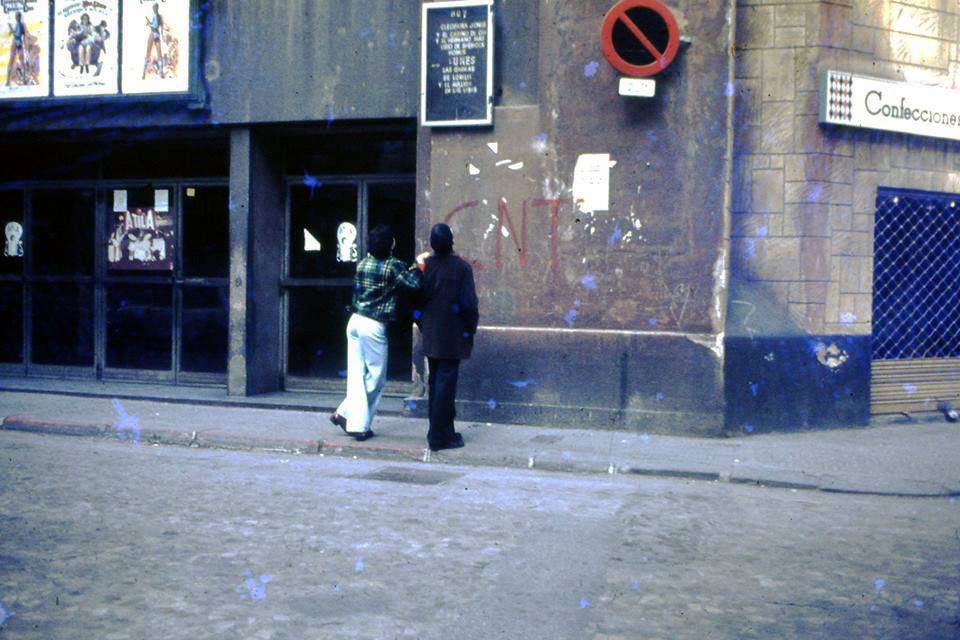Preventing loneliness, building community
Unwanted loneliness is one of the great social challenges of our time. Although it has been associated mainly with older people, the truth is that it affects people at any stage of life and manifests itself in different ways depending on the context. In youth, it can appear amid digital hyperconnectivity that does not always translate into real, deep bonds; in adulthood, it is often linked to migration, job changes, or personal breakups; and in old age, it tends to have a more pronounced impact due to the loss of relationships, deteriorating health, or shrinking social circles.
In Spain, it is estimated that around 15% of people over the age of 65 experience unwanted loneliness. But behind the coldness of the figures are personal stories that challenge us all: lives full of memories and experiences that are suddenly pierced by silence and a lack of company. This reality has not only emotional but also physical consequences. Recent studies indicate that chronic loneliness can increase the risk of cardiovascular disease, accelerate cognitive decline, and increase vulnerability to depression and anxiety. So much so that the World Health Organization has already warned that loneliness should be considered a risk factor for public health.
A mission born in Barcelona
Thirty-eight years ago, the Amics de la Gent Gran Foundation was born in Barcelona, inspired by the experience of the Petits Frères des Pauvres in France. Since then, our mission has remained the same: to combat loneliness and marginalization among older people by accompanying them and creating bonds that improve their quality of life. Barcelona was not only the birthplace of this project, but it continues to be the place where we have the strongest presence, where we run the most programs, and where we have woven a solid and committed community support network.
Our work is based on a simple conviction: we all need to feel loved, listened to, and valued. Loneliness cannot be solved with quick fixes or good intentions; it takes time, perseverance, and, above all, authentic human connections. That is why the Foundation works with hundreds of volunteers who offer their time, their listening ear, and their closeness to those who need it most. We also promote collaborations with companies, such as Evolution Yacht Agents (EVO), which has a special connection with Barceloneta, to strengthen our project and our roots in the community.
Accompanying and building trust
The programs we develop take various forms.
On the one hand, there is individual home support, which allows us to establish close and trusting relationships. On the other hand, we promote group gatherings, such as lunches, workshops, excursions, or intergenerational activities, which break down isolation and offer spaces where older people can feel part of a community. In many cases, the people we accompany tell us that what they value most is not just the occasional company, but the feeling of being part of a group that recognizes and loves them.
The strength of the community
Festivals such as La Castañada, Sant Jordi’s Day, and Christmas dinners are special moments. These events are not just celebrations: they are a way of breaking down generational barriers, offering visibility to old age, and asserting that older people have an active and essential role in society.
Another of our pillars is the task of raising awareness. Unwanted loneliness cannot be understood solely as a private matter; it is a social phenomenon that affects us all and requires collective responses. For this reason, we promote research and analysis projects such as the Loneliness Observatory, which helps us to better understand the causes, effects, and possible strategies for addressing this challenge from a multidisciplinary perspective.
Looking to the future
We are aware that loneliness will not disappear by magic. It is a complex phenomenon linked to profound social transformations: changes in family structures, an aging population, labor and residential mobility, and the emergence of digital technologies in the way we relate to each other. All of this makes it a challenge for the 21st century that we can only tackle if we join forces with civil society, public institutions, and citizens.
At the Friends of Older People Foundation, we are committed to continuing our work so that no older person has to live this stage of life in forced solitude. We will continue to accompany them, creating spaces for them to meet and raising awareness in society about the importance of caring for human bonds.
For a present and a future where old age is synonymous with dignity, affection, and companionship. For a society that leaves no one behind.










